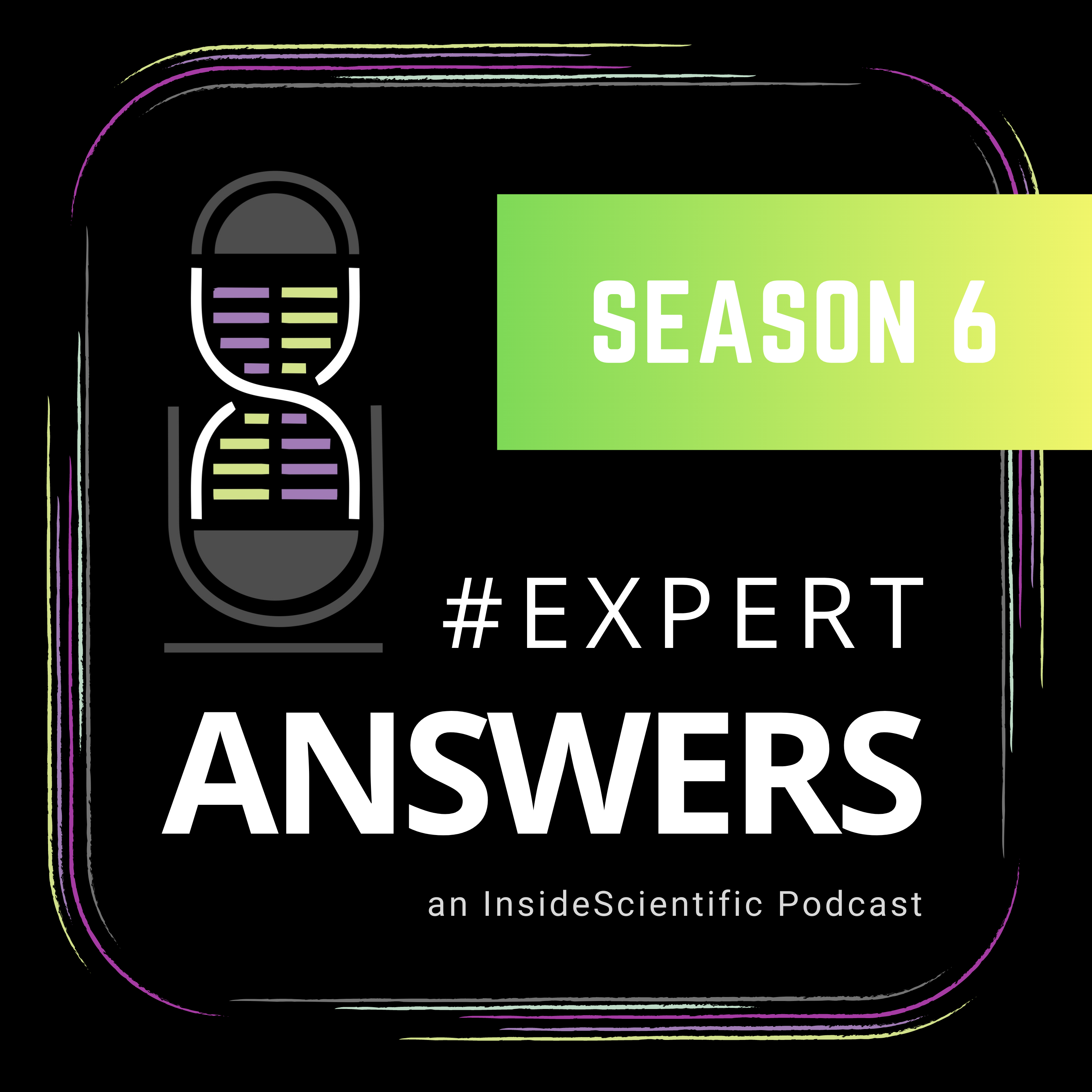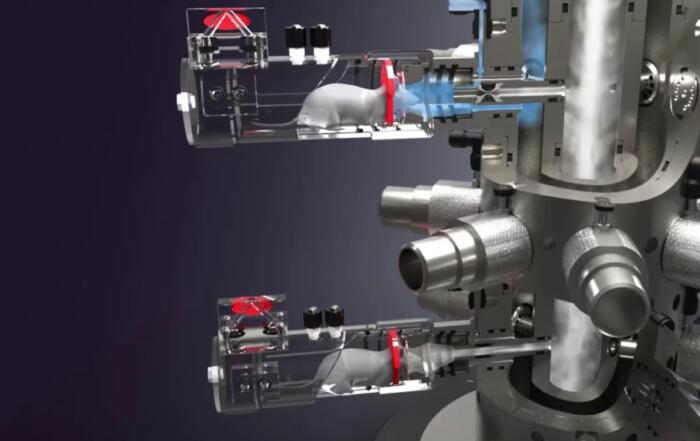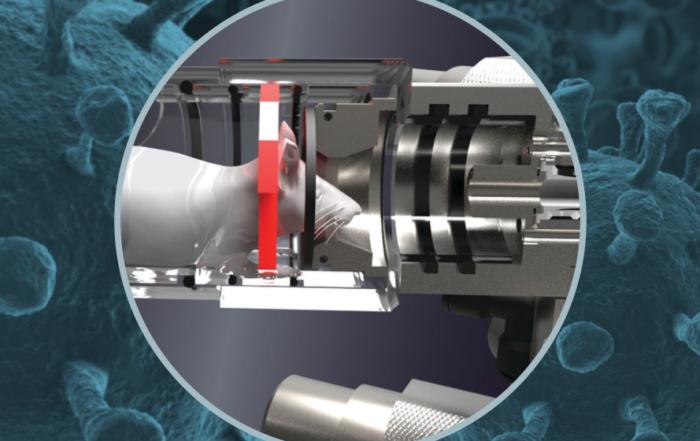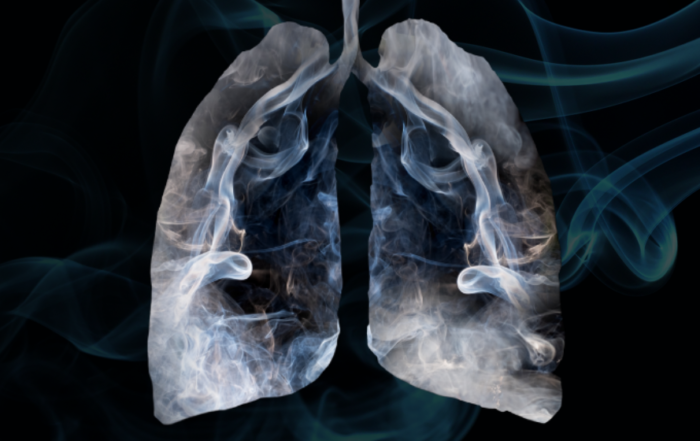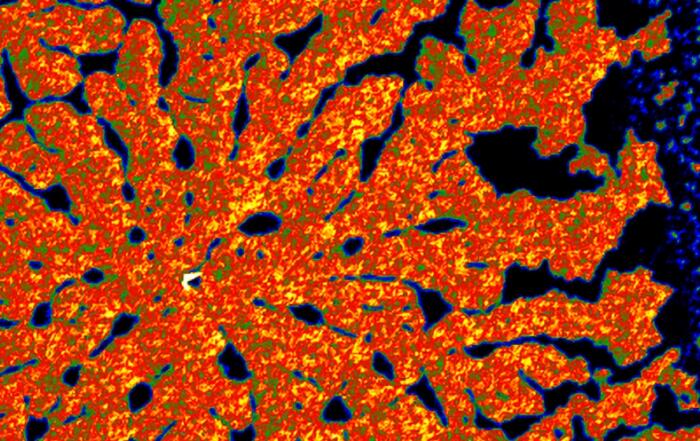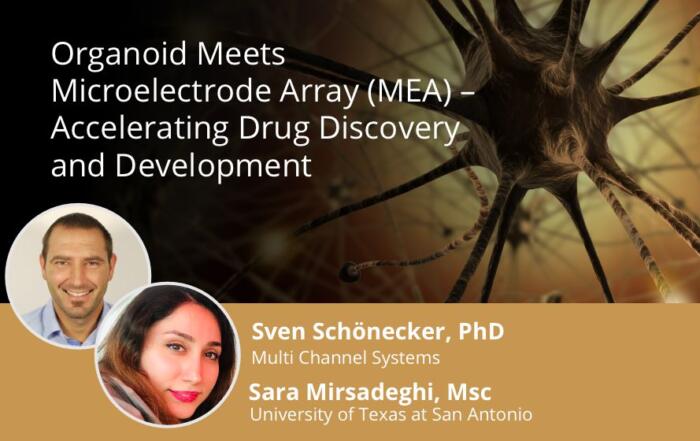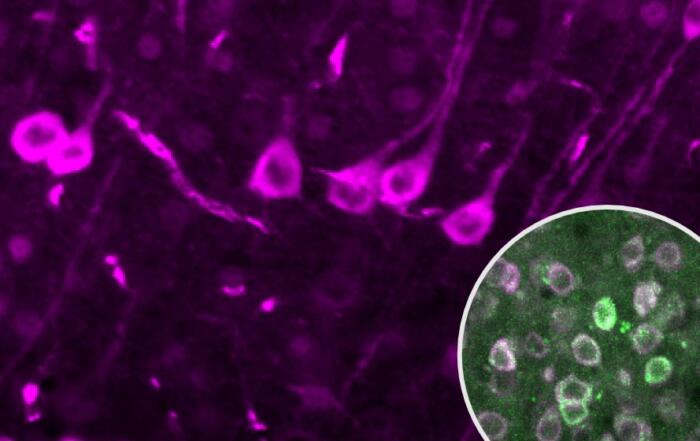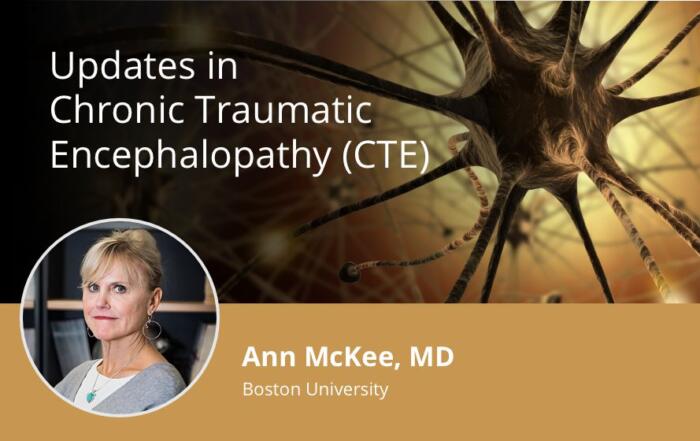Experts discuss physiological mechanisms behind the opioid epidemic and present their research on the effects of opioids on sleep and respiratory depression in preclinical mouse models.
The opioid crisis can be traced back to the 1990s. Amid rising demand for pain relief, pharmaceutical companies assured doctors that their drugs carried little risk of addiction, and doctors began prescribing them at a higher rate. Since then, prescription, production and misuse of opioids have risen dramatically. In 2017 alone, an estimated 1.7 million Americans suffered from substance abuse disorders involving prescription or illegal opioids, with some 47,000 deaths due to overdose. Clearly, more research is required to better understand and prevent opioid misuse.
In this webinar sponsored by Data Sciences International, Dr. Ralph Lydic and Dr. Tally Largent-Milnes discuss the role of respiratory and neuroscience research in addressing the opioid epidemic. Dr. Ralph Lydic, professor of neuroscience and co-director of anesthesiology research at the University of Tennessee, presents data demonstrating the systemic and neurological effects of opioids on breathing and sleep in rodent models. Following, Dr. Tally Largent-Milnes, assistant professor of pharmacology at the University of Arizona, presents research investigating how cannabinoid receptors modulate opioid-induced respiratory depression in rodent models.
Resources
To retrieve a PDF copy of the presentation, click on the link below the slide player. From this page, click on the “Download” link to retrieve the file.
Presenters
Robert H. Cole Endowed Professor of Neuroscience, Co-Director of Anesthesiology Research
University of Tennessee Graduate School of Medicine
Assistant Professor of Pharmacology
University of Arizona
